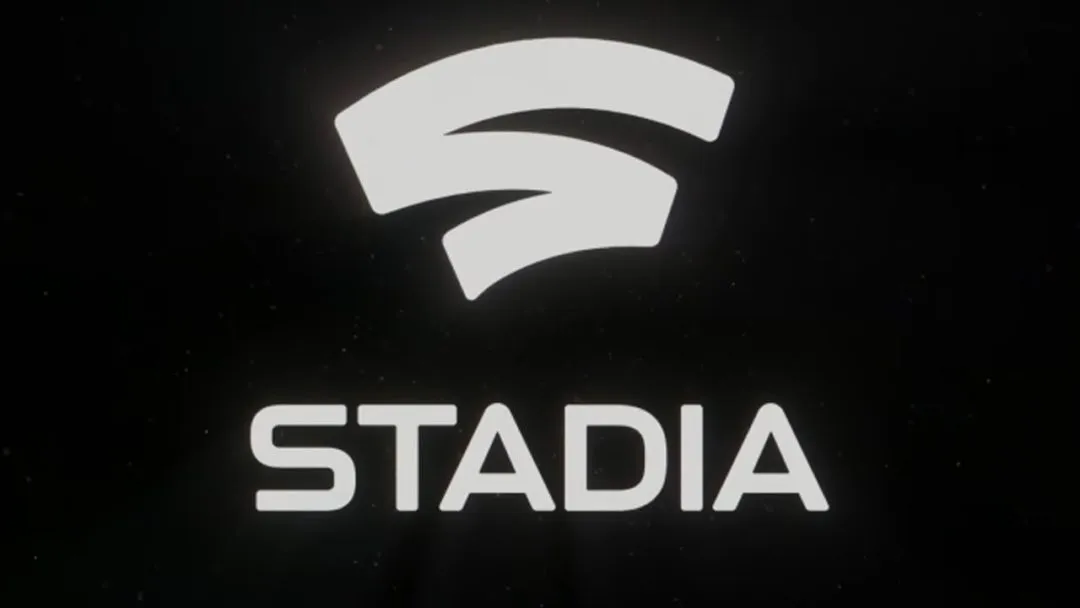According to a report from Jason Schreier at Bloomberg, Google Stadia missed sales targets for its controllers and monthly active users by hundreds of thousands, despite, or perhaps in part because of, the hype leading up to launch back in November 2019. A factor that led to Stadia not catching on was Google’s positioning of the service, which was the opposite of how Google usually rolls out its products.
Typically, Google starts small and then ramps up. When the vice president of Stadia, Phil Harrison, showed off the platform back at the Game Developers Conference in March 2019, he positioned it as a competitor to traditional consoles with features such as State Share and Stream Connect. Gamers were expecting they’d get the full suite of features at launch, which did not ultimately happen.
Reportedly, Stadia developers were worried that the features promised wouldn’t be delivered if the platform launched in the fall of 2019. Indeed, State Share was only eventually added this past January with the release of Hitman 3, more than a year after Stadia’s initial launch. Developers instead hoped to position Stadia as another beta test, following the previous one Google had back in 2018 with Project Stream. However, Harrison and others in leadership pushed back. They wanted to follow the traditional console launch path that they were familiar with from earlier in their careers.
Just to reiterate the absurdity of this thing: Sources say Google spent tens of millions of dollars — the budgets of some major games — PER Stadia port.
Publishers like Ubisoft and Take-Two were raking it in
— Jason Schreier (@jasonschreier) February 26, 2021
Additionally, Harrison’s team reportedly paid tens of millions of dollars each per port to get games like Red Dead Redemption II on Stadia, along with games from other big third-party publishers like Ubisoft. At the very least, Harrison knew that Stadia needed exclusive content, which is why he hired Jade Raymond to lead Stadia Games & Entertainment.
Developers were also excited about pushing the boundaries of cloud gaming and AI. Sources indicated there was a prototype that was a cross between Google Assistant and a Tamagotchi pet. Players would have been able to interact with these in fun and creative ways.
Unfortunately, Google closed down its internal development studios at the beginning of this month, shifting its business focus to support more third-party developers. It still has some exclusive content, though, as PixelJunk Raiders launches for Stadia next month.






Published: Feb 26, 2021 03:07 pm